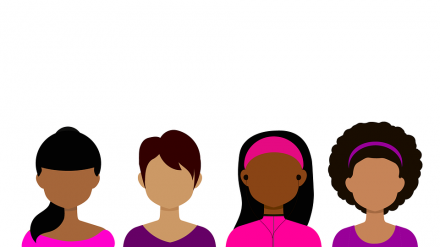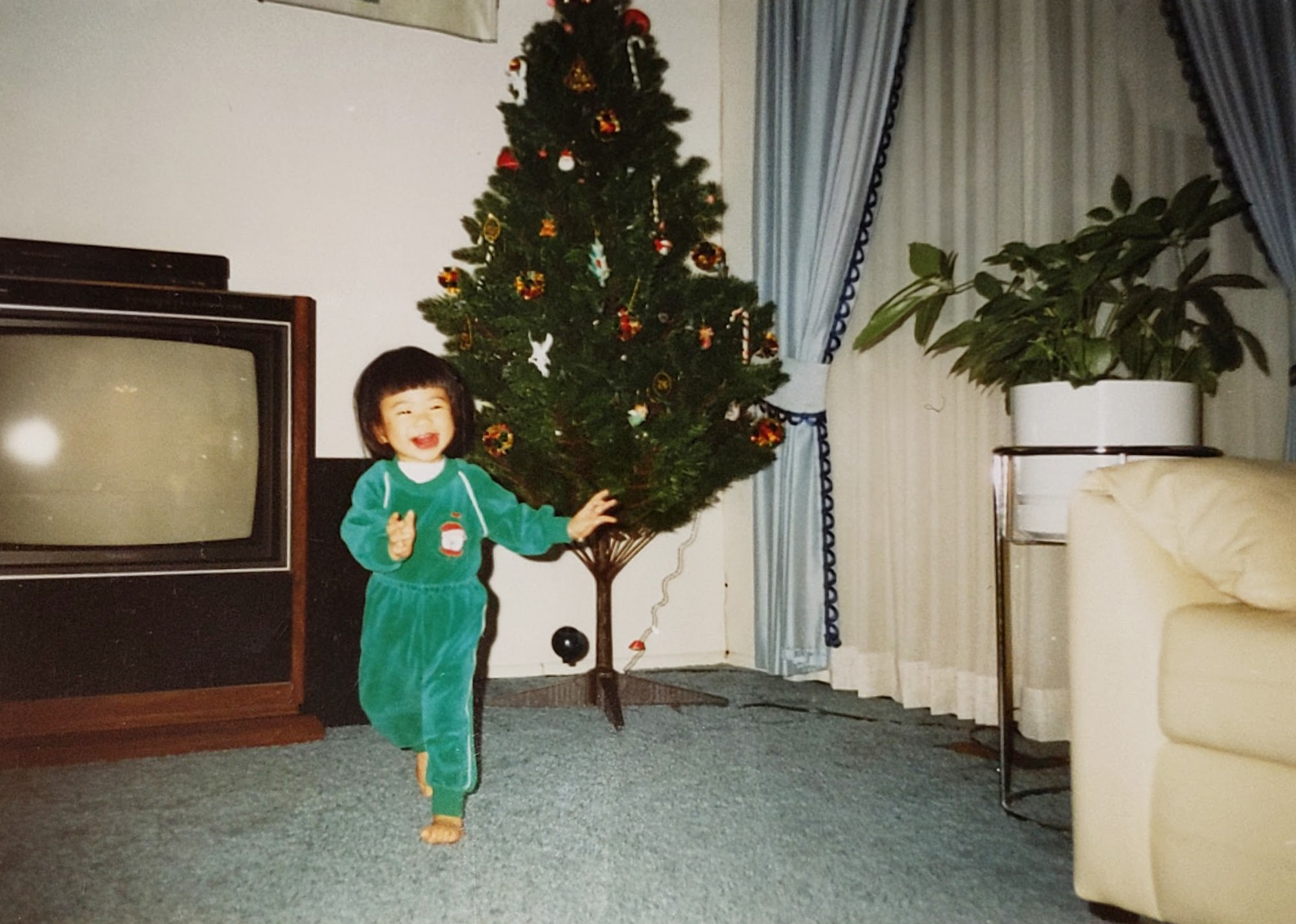Extremist judges will not stop endangering the lives of pregnant people or people who may become pregnant—overturning Roe v. Wade, attacking medication abortion, threatening the future of IVF, and this week at SCOTUS, emergency abortion care.
Our lawyers are waging strategic fights that make clear what is at stake for people who can become pregnant and seek to bolster our fundamental rights to control our lives, futures, and destinies.


 Ishia Sillah is a high school student from Maryland. She’s passionate about writing, equal rights, and poetry.
Ishia Sillah is a high school student from Maryland. She’s passionate about writing, equal rights, and poetry.


